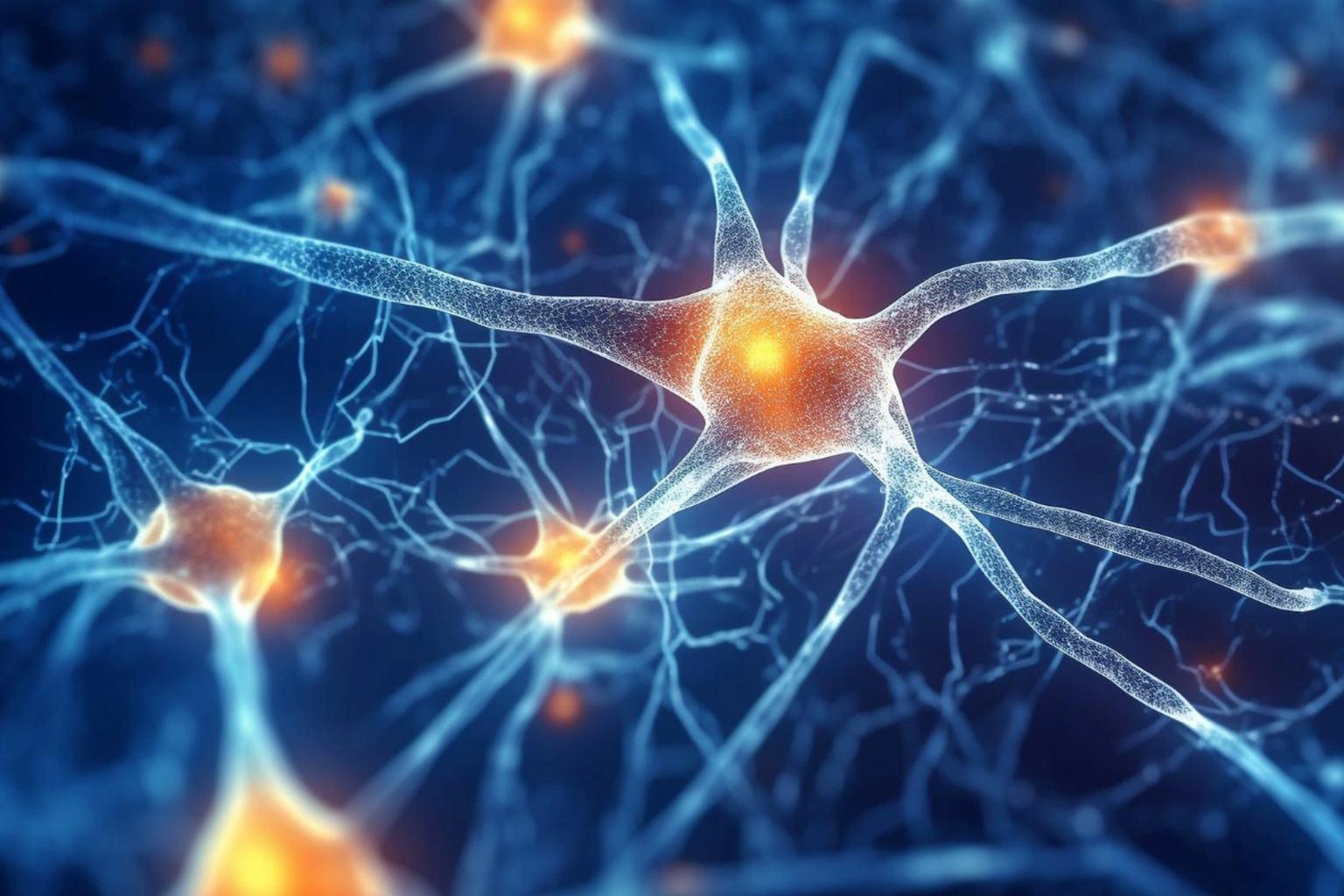Neuroscientists have uncovered a fascinating piece of the puzzle behind what makes us truly intelligent. While machines excel at repetitive tasks, humans and animals amaze with their ability to adapt, imagine, and generalize. What in the brain allows for this flexible thinking? A recent study in mice gives us clues by identifying specific brain cells responsible for tracking progress in complex behaviors—not just physical locations.
For decades, it has been known that certain brain cells, like place cells and grid cells, help animals navigate physical space. These cells create mental maps of the environment, guiding an animal or person through streets, rooms, or mazes. But what about navigating through a sequence of actions, such as cooking a new recipe or solving a fresh problem?
Researchers trained mice to perform a task in which they moved through a series of four goal locations to receive water rewards. The order of goals repeated in a loop, but to challenge them, the locations were moved. The mice instantly adjusted, understanding the sequence even in completely new situations. This wasn’t memory playing tricks; the mice were generalizing the structure of the task.
